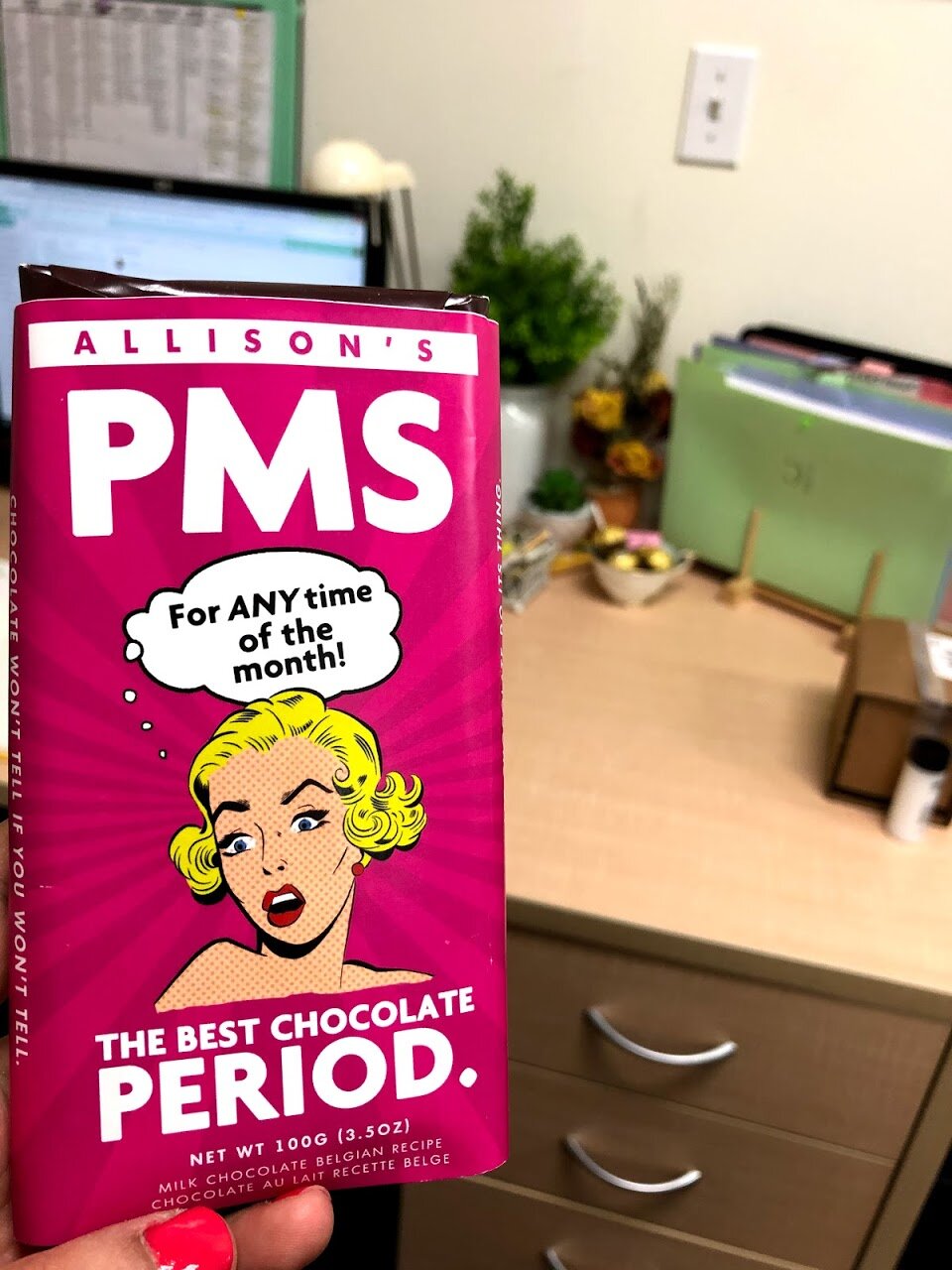How Much Caffeine Are YOU Consuming?
Ahh…the perfect breakfast: Caffeine, sugar, and refined carbohydrates (impending sugar) filled with more sugar and sprinkled with sugar. Did I mentioned I sweetened my caffeine with sugar?
Let’s get one thing straight. Caffeine is a natural compound that helps stimulate the central nervous system. Too much of it and it will affect your sleep. Too little sleep and it will affect your mood, hormones, and consequently, your eating habits. You might find yourself trapped in a vicious cycle of caffeine dependence that is doing more damage to your persona than that ripped up Backstreet Boys T-Shirt from the 90s did (for the record, I don’t own said T-shirt, and yes I do know all the lyrics to said band’s most popular hits).
Going back to caffeine, what you need to know is how much caffeine is right for your body. There’s no magic answer I can give you but I can advise that your body type and metabolism will vary and how you react to caffeine will be vastly different than your colleagues, friends, and family.
Coffee generally will have twice the amount as tea, although if you are having multiple cups of tea and steeping the tea for longer periods of time, your caffeine intake is likely comparable to that of a regular coffee drinker (maybe even higher). Other foods that have caffeine include chocolate, coffee and chocolate-flavoured foods (such as ice creams, hot cocoa, cereals, puddings etc.) and some common medications used to treat headaches.
The way your body reacts to caffeine will be different and if you consume any of the aforementioned foods before bedtime, you could find yourself tossing and turning and experiencing poor quality of sleep. Women can experience more pain leading up to their periods as a result of consuming too much caffeine. Particularly if you are someone with hormonal issues like PCOS, endometriosis, etc.
Try going caffeine-free for a few days (how about 5 days?) and see how it affects you. Is your sleep improved? Are your eating habits changing? Also, try to understand exactly how much caffeine you are consuming and perhaps you will come to the conclusion that a little goes a long way.
A thoughtful office gift…


